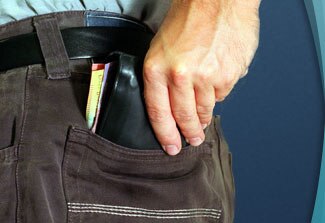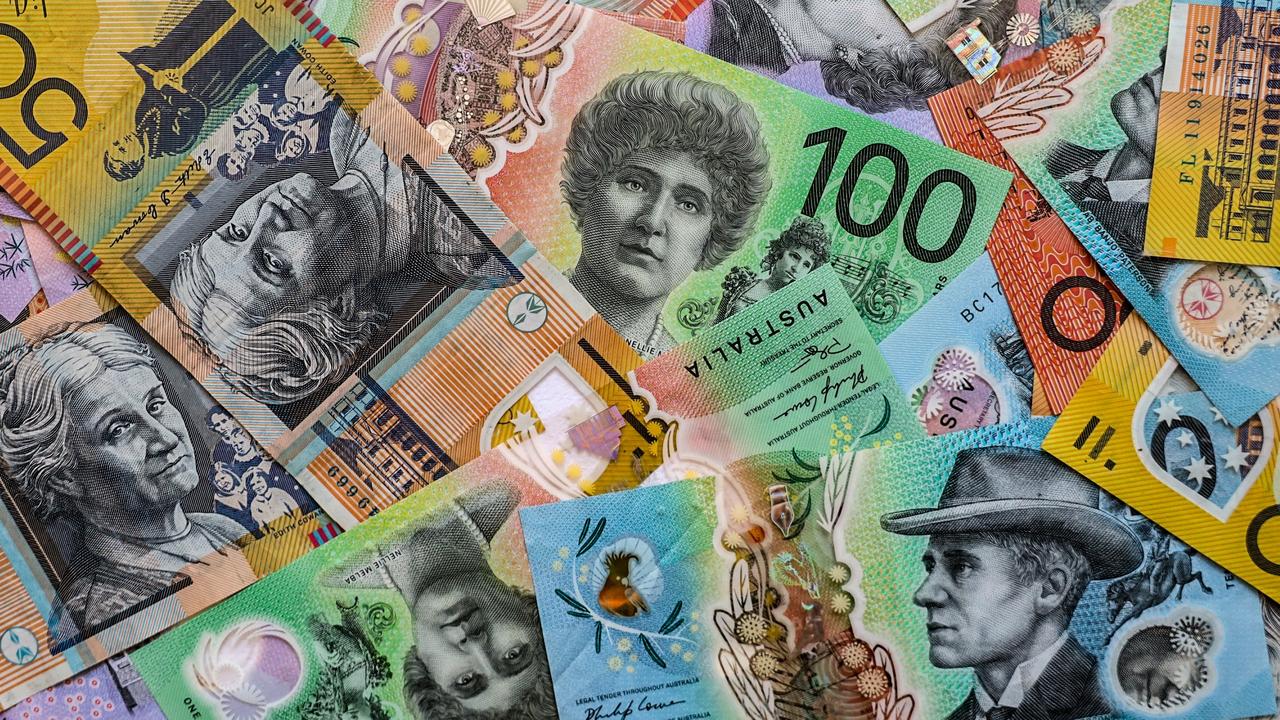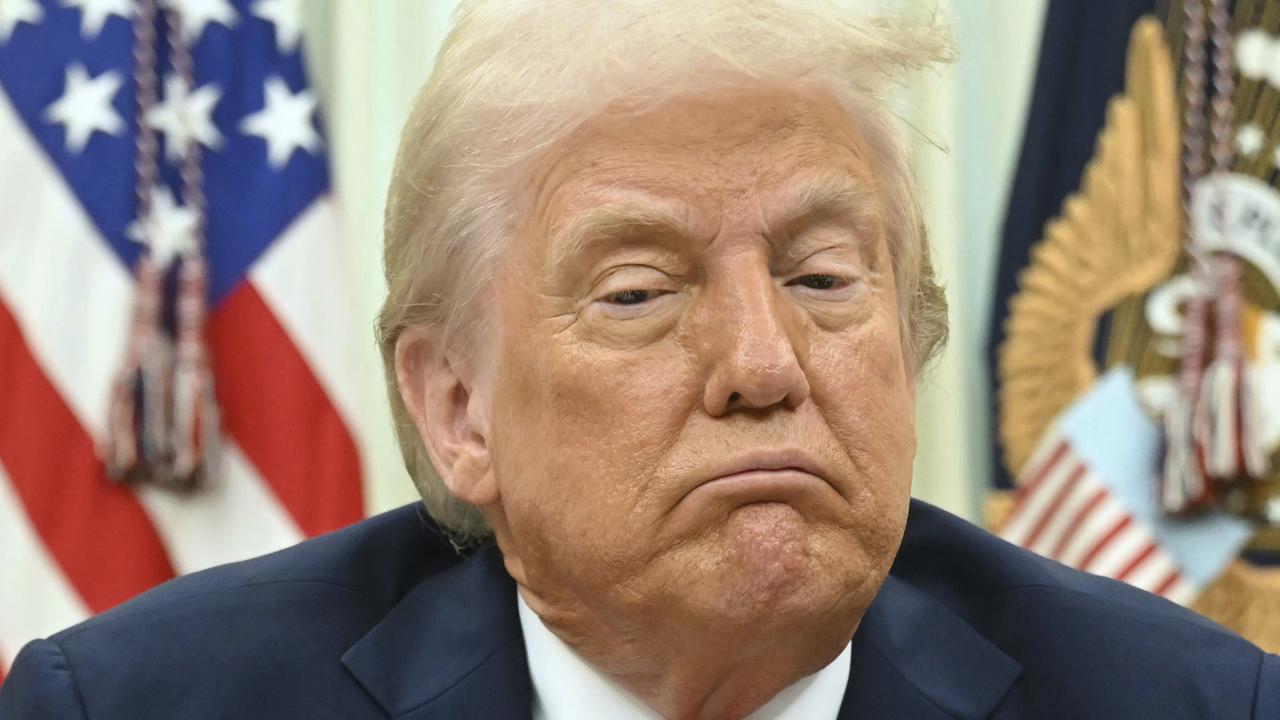Guard against scams
TUCKING your credit card safely into your wallet is no longer a guarantee against being ripped off.

Guard against scams
THERE was a time when you had to worry about misuse of your personal property only if something like credit cards or passports went missing; today you could be getting fleeced even when everything appears to be tucked safely away in your wallet, and it's not until the monthly statement arrives that you know something is wrong.
As the following reports from readers will show, internet fraud is no respecter of persons or position. For privacy, the names of those involved have been changed.
Bob is a senior executive with a multinational company, on secondment to Australia. His main account is with a European bank.
Recently, to his horror, he discovered that the equivalent of more than $40,000 had been withdrawn from the account. Subsequent investigations revealed it had gone to criminals in Russia.
Bob has always been meticulous about computer security and believes the only way his account could have been accessed was as a result of his children playing computer games and so giving access to a hacker. In future, he will not let the family play on his personal laptop.
Jacqueline has had three instances of incorrect debits over the past few years, the major one being when her health fund debited her MasterCard five times in one year, instead of the usual six-monthly account. (About $2400 extra was involved.)
The fund was evasive about the reason, but Jacqueline suspects it was a dishonest employee.
Jacqueline was able to get the money refunded in all three instances, but still advises all her friends to carefully check their credit card entries.
Ben does a lot of business travel and, until this incident, was quite happy to visit internet cafes to log into his account and use internet banking.
His bank phoned one day to ask if he had recently been to Singapore (he had not), as someone had entered his account to check things out.
No fraud was undertaken, but the unlawful access was obviously designed to find out how much he had and maybe wait until he had a bit more. He changed all the access codes immediately
Since then, Ben no longer logs into his account at internet cafes and, instead, takes a laptop with wireless connection (although it's still not as secure as a home site with appropriate protection software).
Jonathon's MasterCard and Visa were both compromised.
The Hilton Hotel, Kuala Lumpur, was the only place he had used his Visa card in the previous two weeks.
Jonathon left his imprint when registering with the hotel, but paid the bill with cash. He did not (as he should have) ask for, and destroy, the copy of the imprint and now urges all those who have had a similar experience to do so.
He also advises people to never let their cards out of their sight (paying the bill at a restaurant is a great way to compromise a card).
Mary has a corporate credit card that is used strictly for business. When reconciling the account last month, she discovered an unauthorised purchase of computer hardware.
Mary racked her brains trying to figure out how the fraud could have happened, and concluded the only possible breach could have been at Melbourne airport when she dodged the taxi queue by falling for the spiel of an unauthorised limo driver.
The fare of $65 was paid with her credit card and an imprint was taken by the driver using one of the old-fashioned machines.
William once had a Dutch girlfriend and thought it was a good idea to let her have an account linked to his Visa card. The relationship failed and they went separate ways in the same city.
"I didn't count on the bank keeping communication with her yet not clearly identifying that there was another cardholder on my account – the chickens came home to roost when she crashed her car into four other cars in a drunken state," William said.
When his ex sobered up, she figured the best thing was a one-way ticket out of the country and left a few parting shots in the form of transactions totalling $1600, all under the transaction notification limit.
He had to pay up.
These cases highlight the importance of doing little things such as avoiding internet banking when travelling, checking your monthly statement and never letting your credit card out of your sight.
These few precautionary steps could save you from becoming a victim of fraud somewhere.



